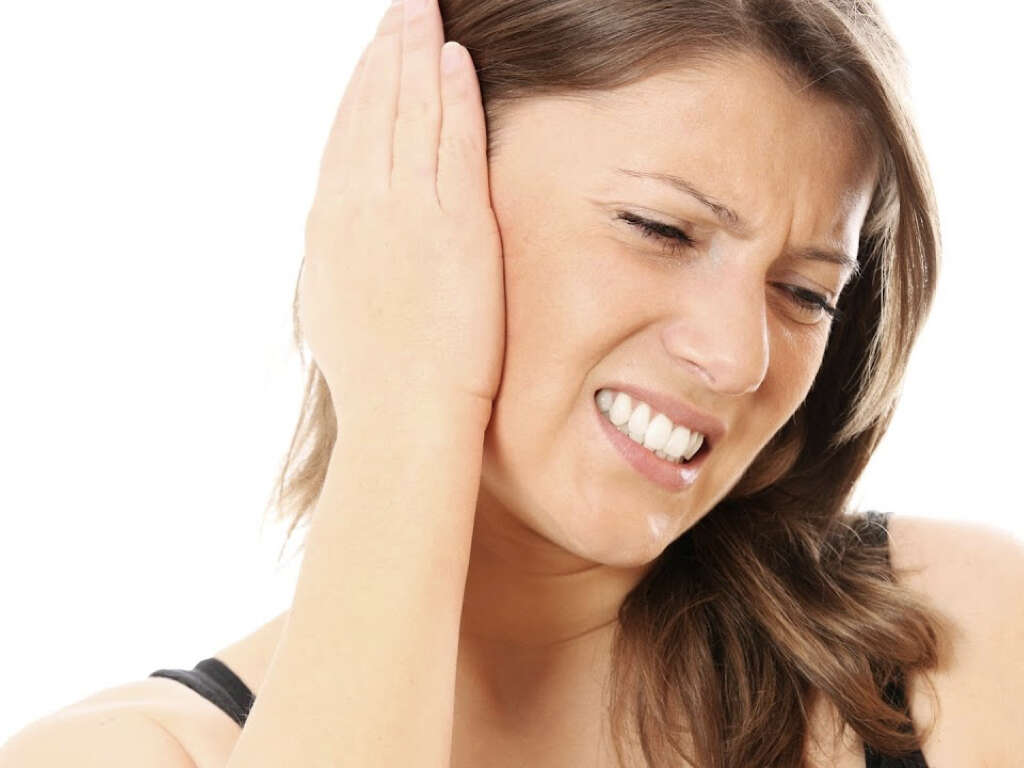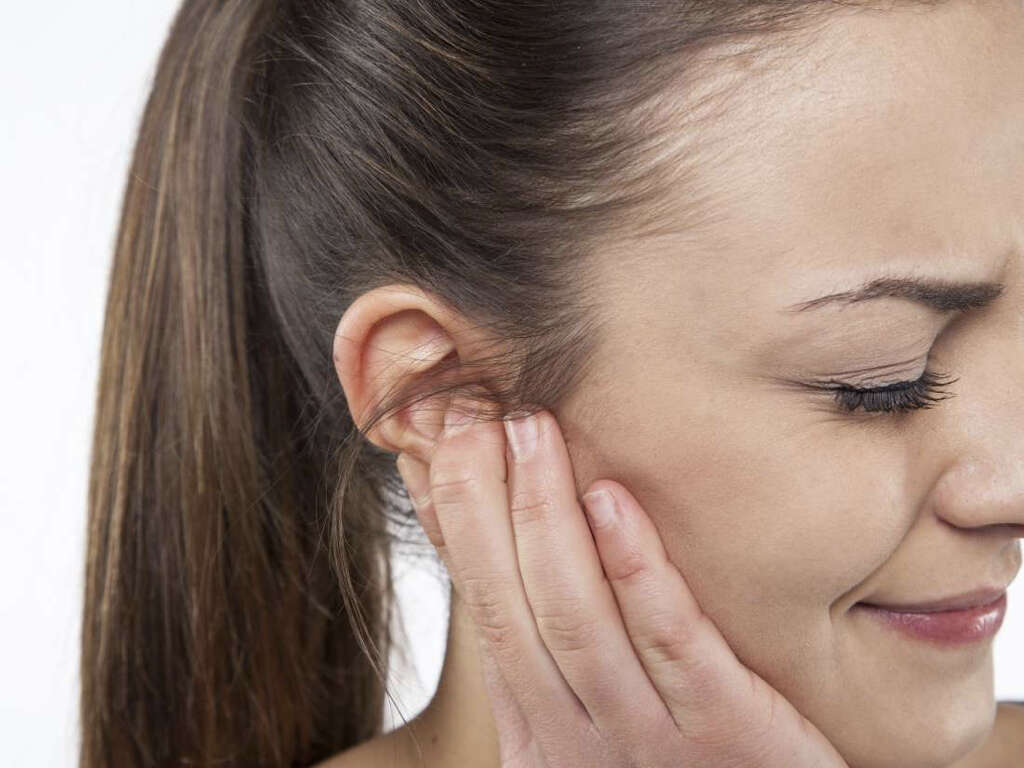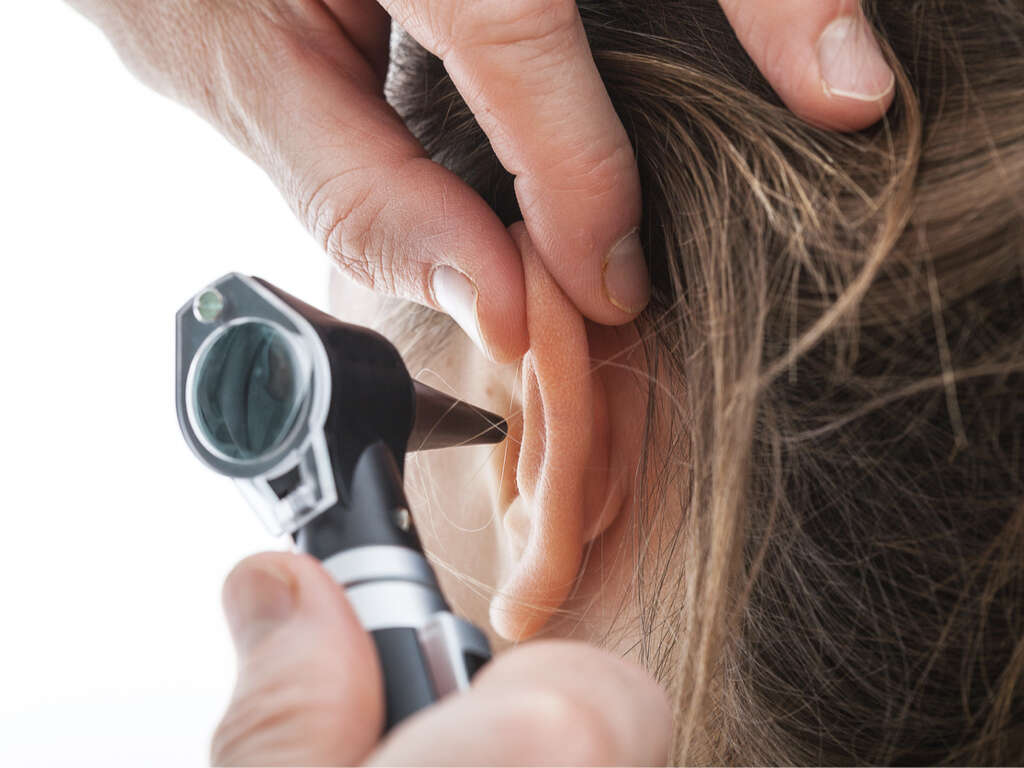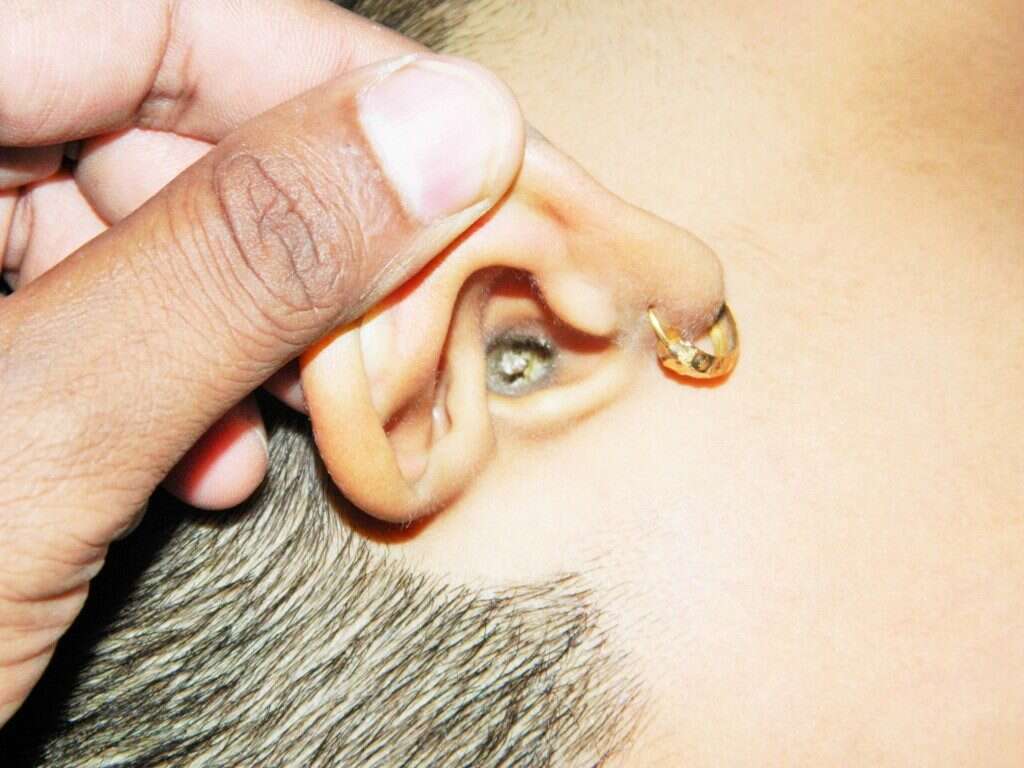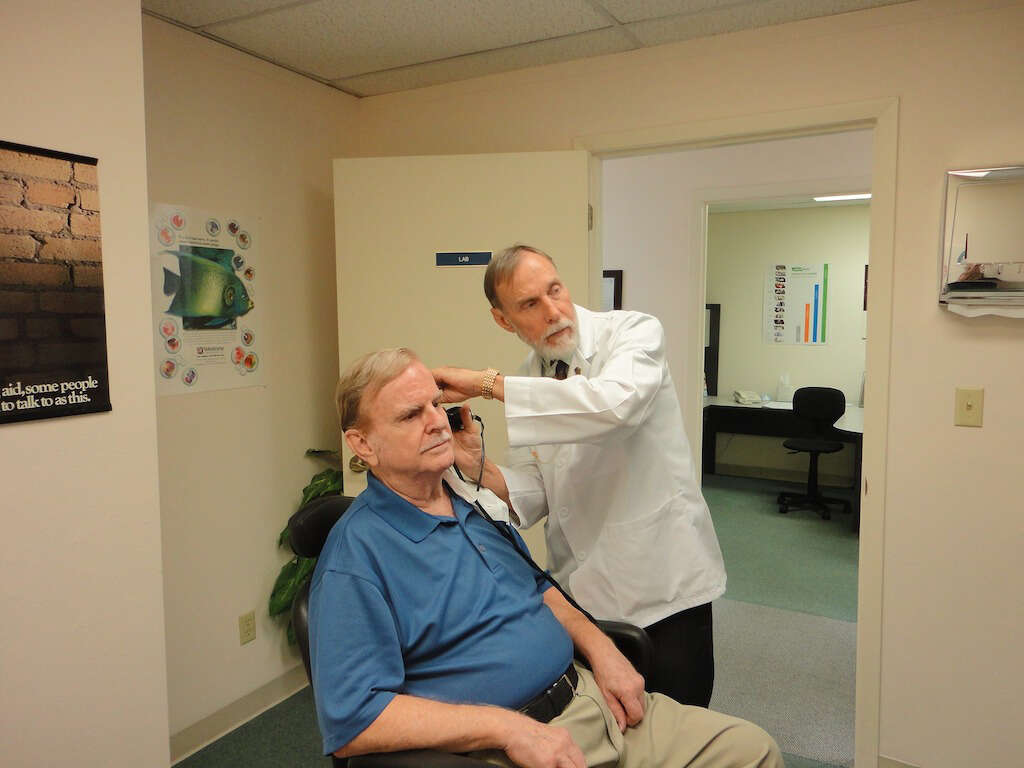10 Remedies for an Earache
Our ears have evolved in a way that allows us to hear a wide range of the audio spectrum. While they don’t allow us to hear as well as some other animals, they still provide us with plenty of information about the world around us. They are quite sensitive and can be prone to infection, injury and other problems.
Earaches are a fairly common problem that can be the result of a range of causes. In some cases, they can be agonizing and can be particularly difficult to deal with for young children. Fortunately, there are various remedies that can at least help to make the patient more comfortable.
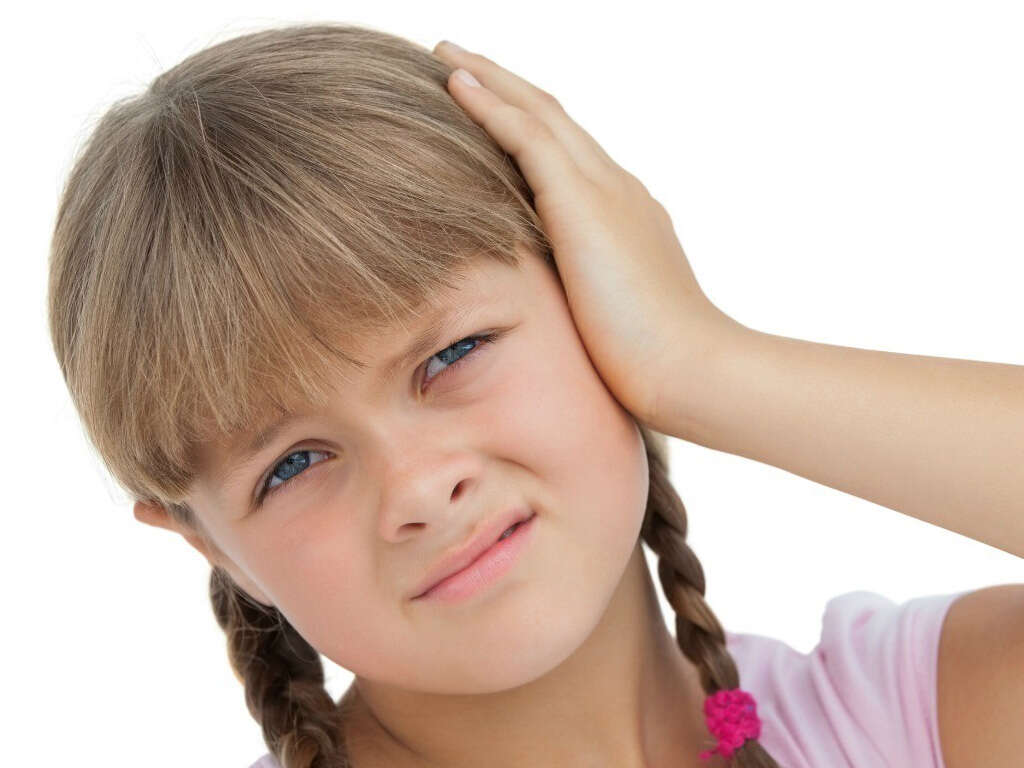
Earache Remedy #1: Pain Killers
Modern medicine can do so much – from treating a previously incurable disease, to making us feel more comfortable. Of all the things that can make us uncomfortable, pain is surely at the top of the list, but thankfully medicine can help. Regardless of the extent of the pain, drugs are available that will at least help reduce pain if not remove it completely.
Bear in mind, though, that there is a chance of forming a dependency to certain painkillers, so they should always be treated with the utmost respect. You should always ask your doctor first just to be sure and look for safer alternatives where possible.

Earache Remedy #2: Distraction
When you focus on pain or other discomfort you will certainly notice it is there. If you are distracted by something else, though, then you might forget about it altogether. That’s not to belittle the pain you might be experiencing but taking your mind off it really can be an effective remedy.
Try doing something around the home or maybe spend some time with friends. Even a good chat can be enough to distract you from your discomfort. If a child is suffering, then try to play with them or keep them occupied in some other way and it could save them a great deal of discomfort.

Earache Remedy #3: Ice Pack
We often turn to ice when we have an injury. An ice pack can be very helpful in reducing swelling because the cold causes the blood vessels to contract, and this helps reduce the amount of swelling. The good news doesn’t stop there, either, as an ice pack can also be used to help reduce pain.
To create a make-shift ice-pack, simply take some ice and wrap it in fabric such as a towel. Hold this on the area for around twenty minutes and the cold should hopefully numb the area, reducing pain. You can also buy icepacks that help you soothe pain without getting you wet.
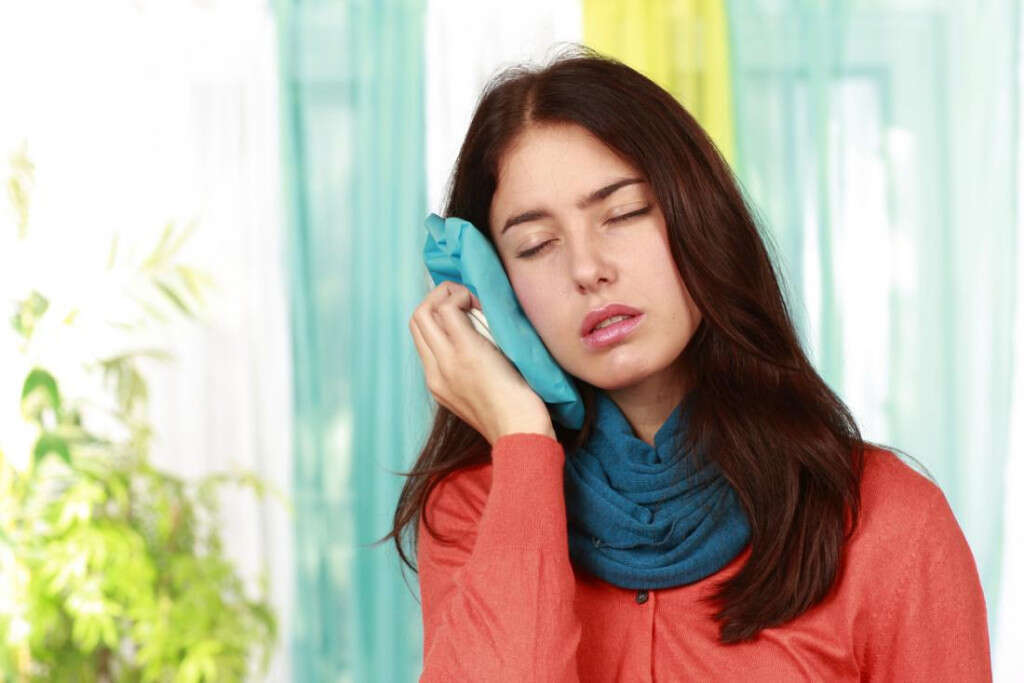
Earache Remedy #4: Chewing
If you have undergone a sudden change in altitude, then your body will struggle to adapt to the change in air pressure. This is often felt in the ears as the higher pressure within the head pushes outward, and this can be uncomfortable. It can cause a ringing in the ears, difficulty hearing, and can be painful for some people.
Relieving the discomfort involves re-establishing the equilibrium between the external and internal air pressure. This can be helped by chewing as the movement of the jaws will help encourage air to pass out from the internal chambers. Trying to yawn can also help to create the right balance.

Earache Remedy #5: Exercise Your Neck
Our neck muscles help us to move our head in any direction, while our powerful jaw muscles are found just below the ear. Should you have any problems with these muscles then you could find it will cause pain in and around the ear. One way to help relieve this is with exercises that might help to relax these muscles and relieve the pain.
Try to slowly rotate your head around to stretch and work the muscles. You can also try to stretch and work the jaw muscles and even the muscles in the shoulders. Another option is to try and massage the muscles.

Earache Remedy #6: Ear Drops
There are various different types of ear drops available and some will help relieve pain and other discomfort. They are easy to use, are often fast acting, and should be considered if other methods have not helped.
Bear in mind, though, that the ears are delicate, so the drops should be used with care. If you have had any ear injuries lately, or an operation, then it is probably not a good idea to use them. If you are not sure, you should always check with your doctor first even if the ear drops are available over the counter.
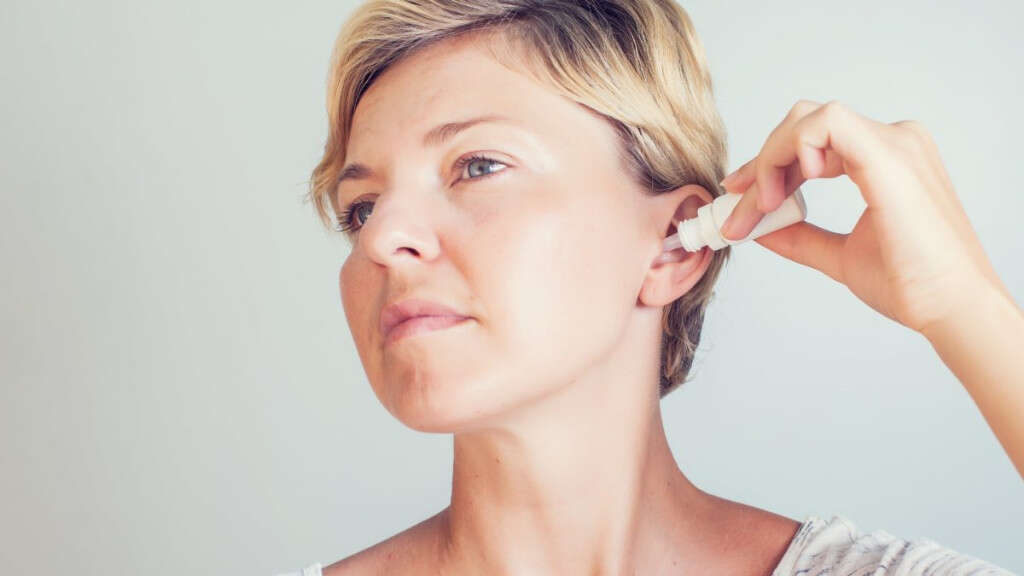
Earache Remedy #7: Tea Tree Oil
Tea tree oil is extracted from the tea tree, which grows naturally in swamplands in Australia. Despite its name, it is not a relative of the tea, the popular beverage with the same name. Tea tree oil has various medicinal properties and is said to be able to help with an earache.
Tea tree oil helps to prevent inflammation and also has antifungal and antiseptic properties. This means it can help to relieve discomfort in the short term while also helping to combat the root of the problem. It should be used diluted in other oils but be sure to check with your doctor first.

Earache Remedy #8: Ginger
Ginger is a flowering plant that is commonly used to add flavor to food. It is most often found in dishes originating from Asia but is also found in global cuisines. In addition to being used to add flavor to food, it is also often used for its medicinal properties. It is often used also as a remedy for earache.
Ginger should be soaked in warm olive oil, which is then strained. The oil should then be applied to the outer ear. Its anti-inflammatory properties will help with relieving pain and inflammation. Remember not to place ginger or anything else directly into the ear canal.

Earache Remedy #9: Garlic
The irresistible smell of garlic in cooking is enough to make your mouth water. It is, of course, also good for keeping vampires at bay. Garlic has long also been used to help treat a variety of medical conditions and to relieve pain and other discomfort.
Garlic contains a compound known as allicin. This compound contains anti-bacterial properties and has been used as a treatment for thousands of years. It is most effective eaten raw. Bear in mind that garlic can affect the performance of antibiotics, so you should always check with a doctor first to be sure.

Earache Remedy #10: Sleeping Upright
One of the biggest problems with an earache can occur when it comes to bedtime. Sleeping on the ear can cause more pain but it can be difficult not to roll over when sleeping. Having the ear level with the rest of the body can also make draining less effective and might even contribute to swelling.
Where possible, use pillows and blankets to try and maintain a sleeping position that is as upright as possible. If you can get to sleep in a comfortable chair, then even better. While it is often easier said than done, the difference can make it well worth the effort.





